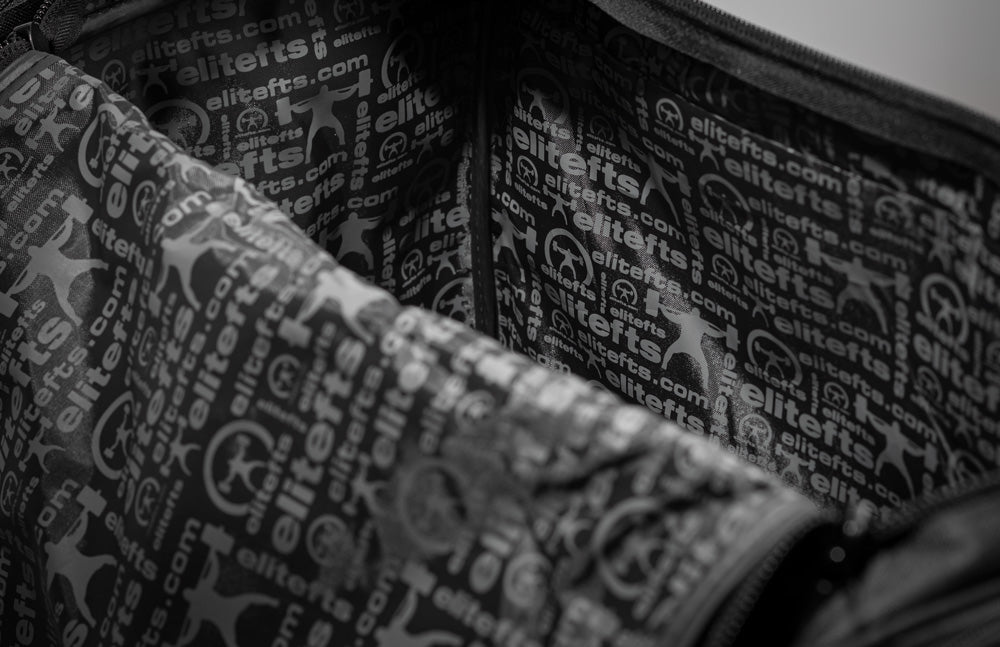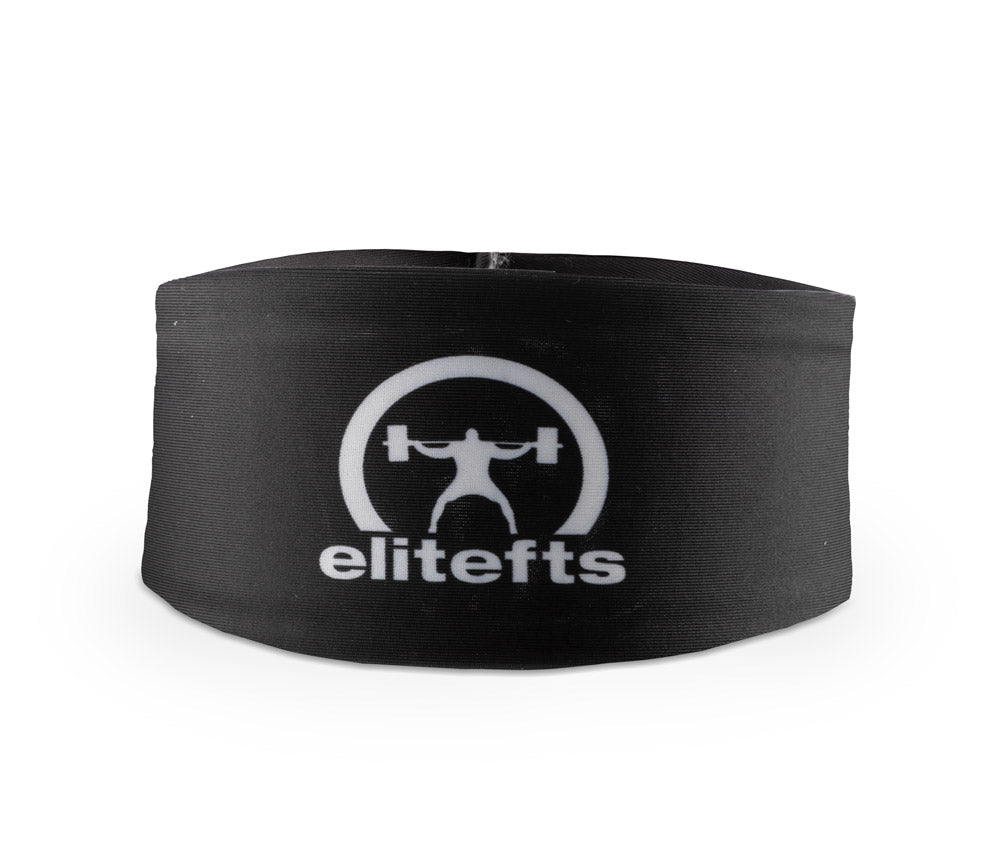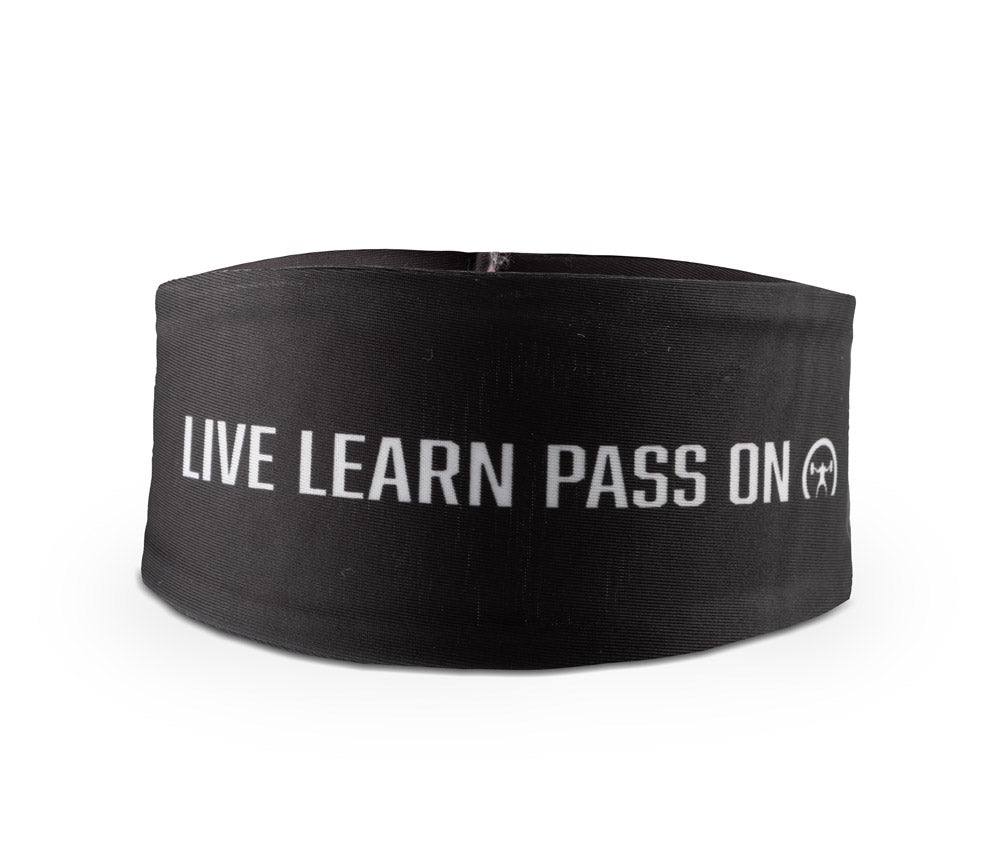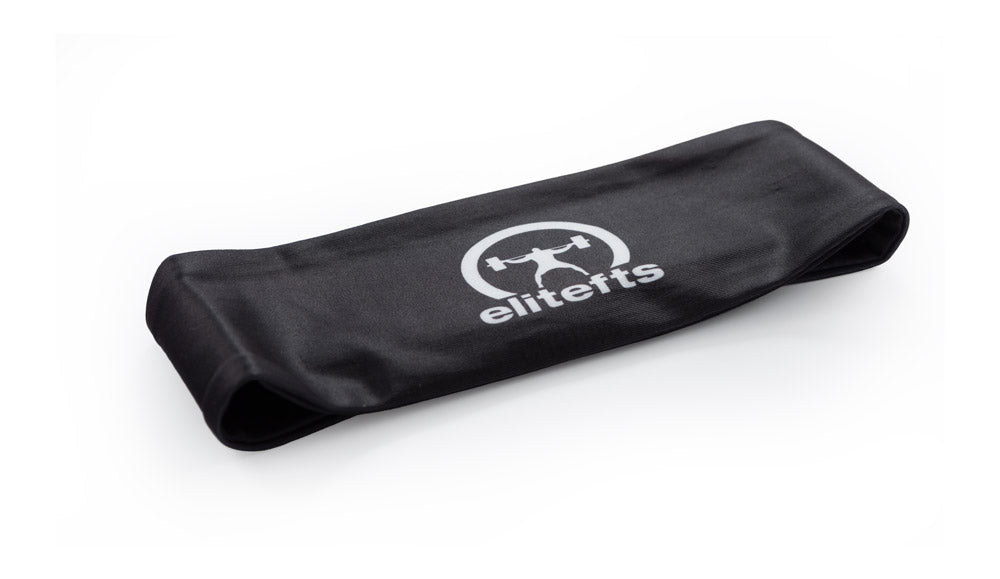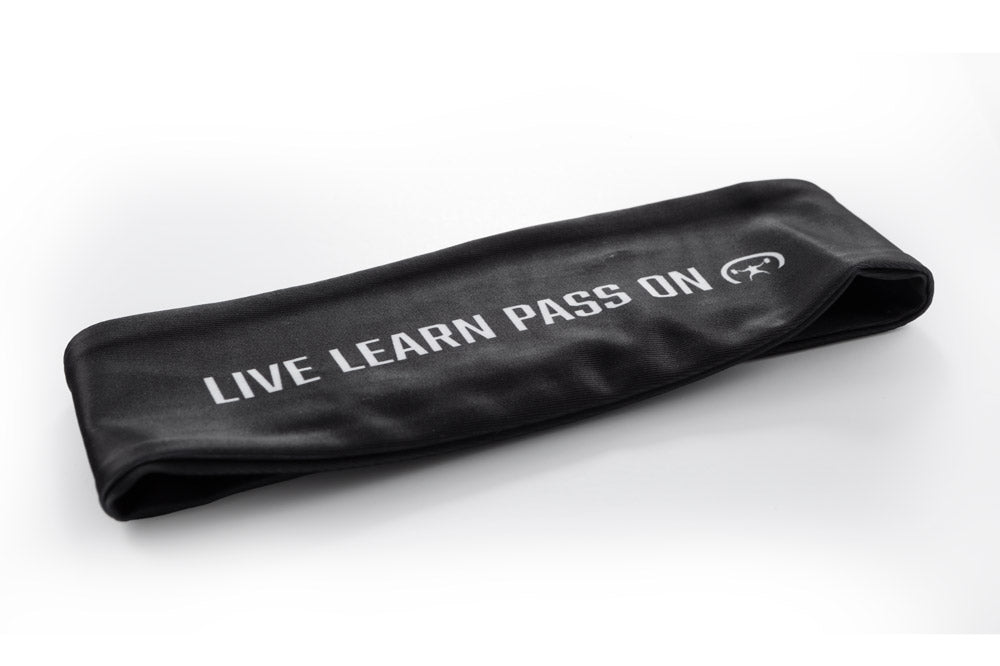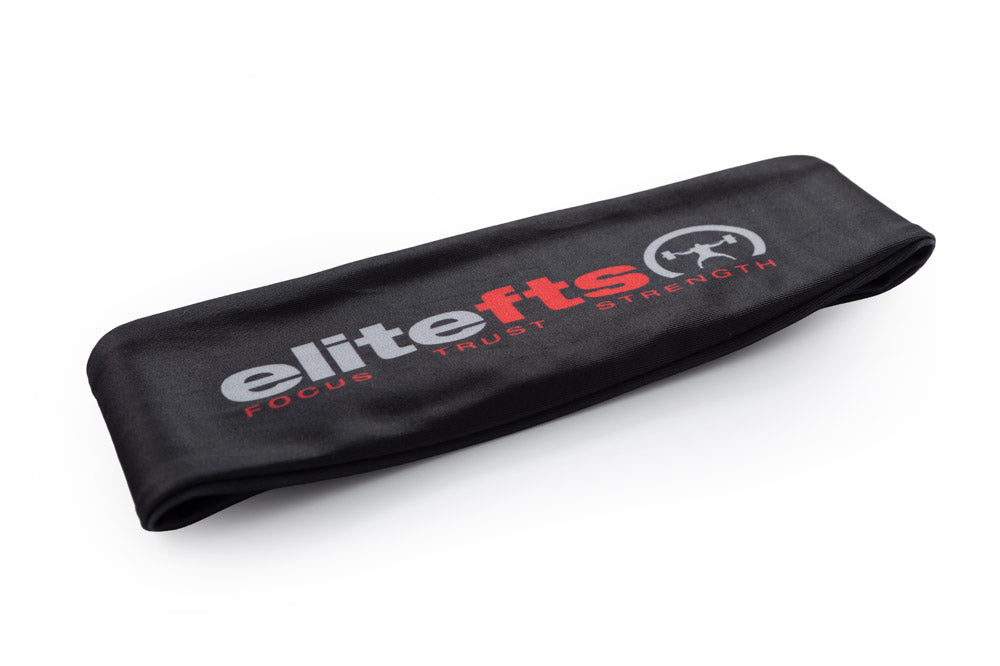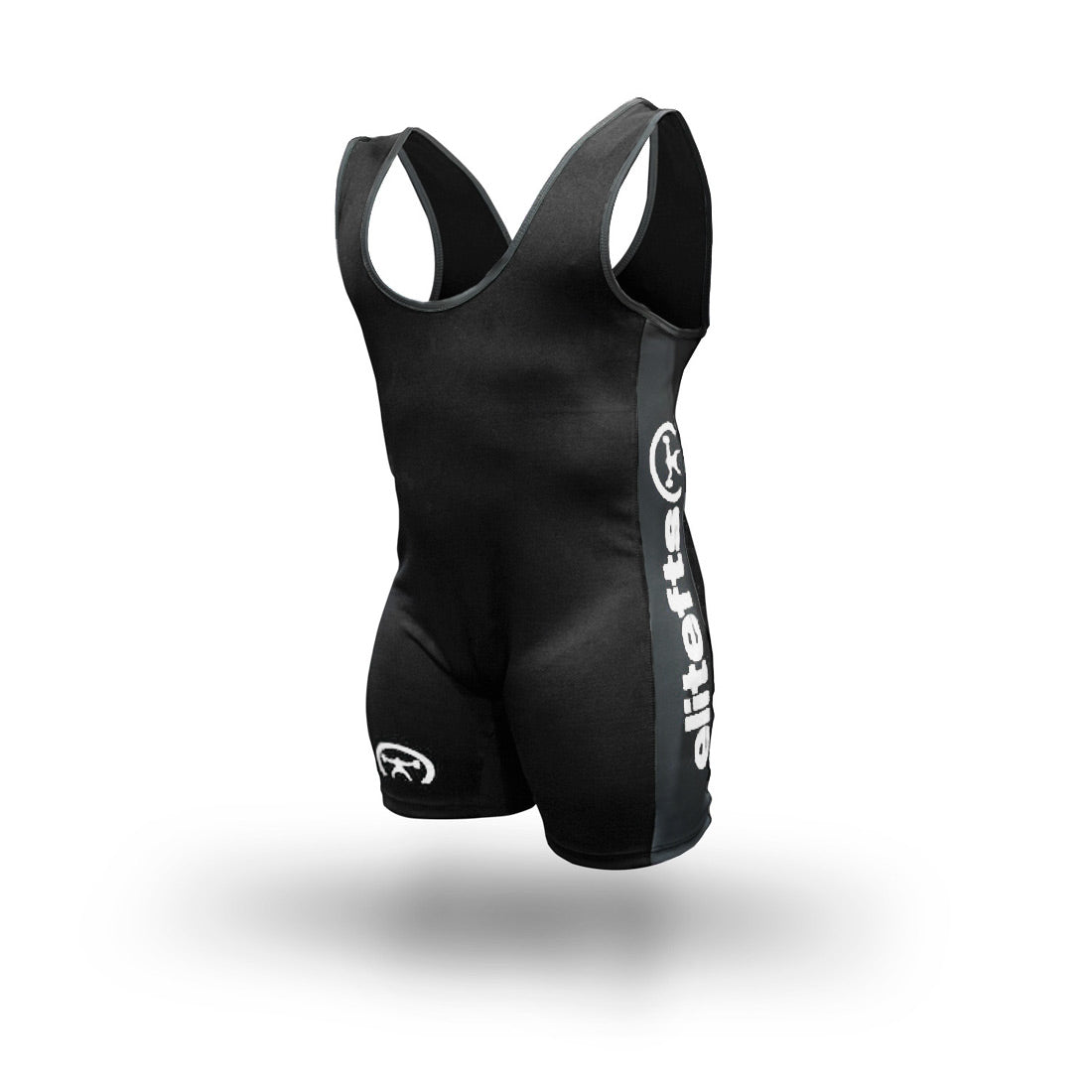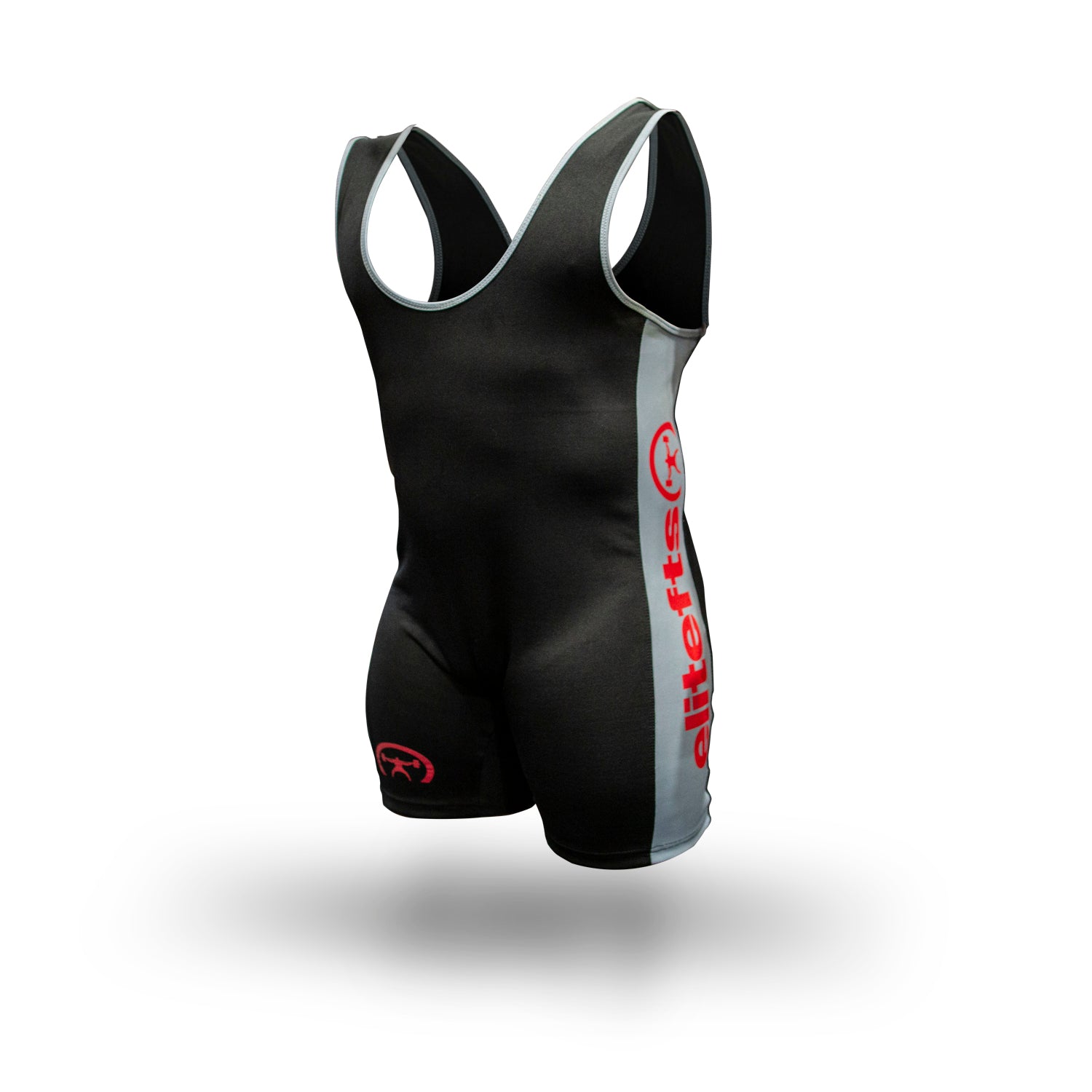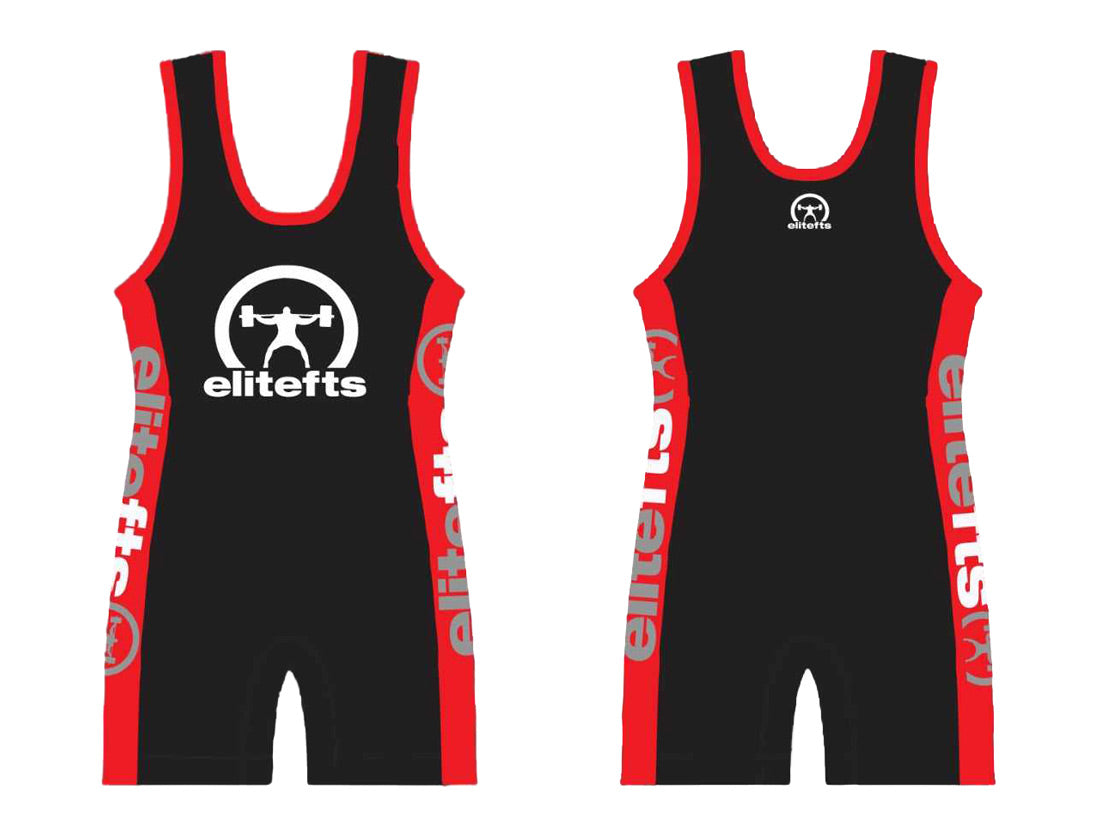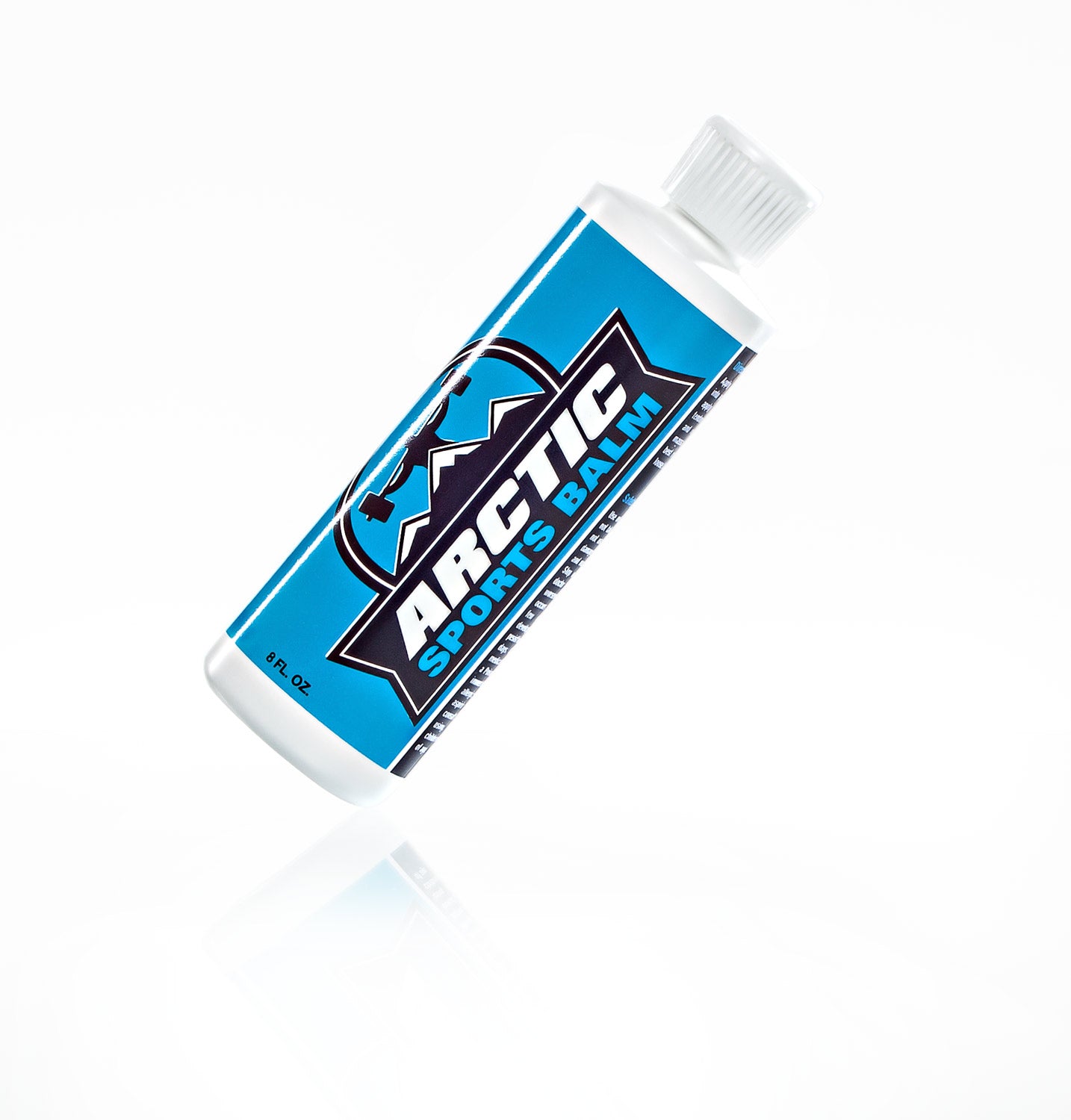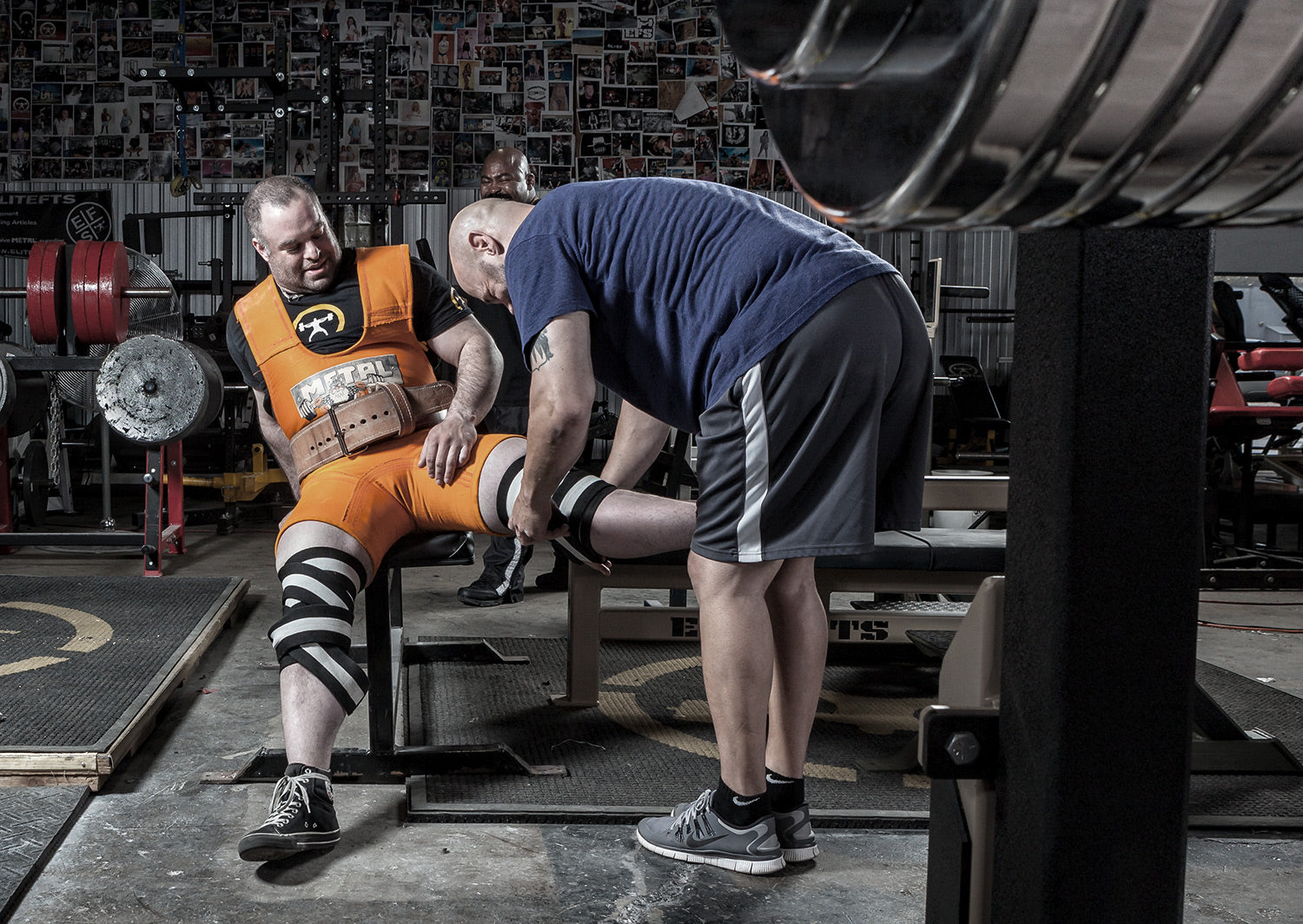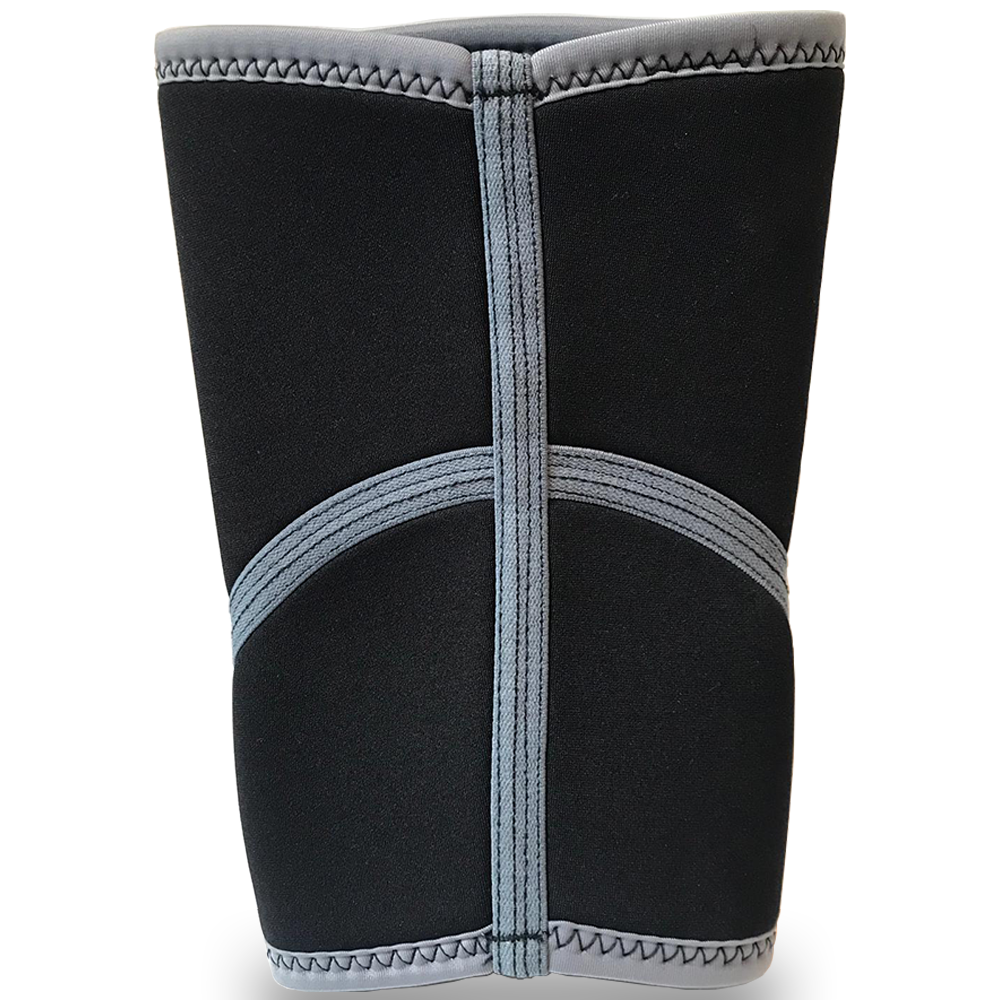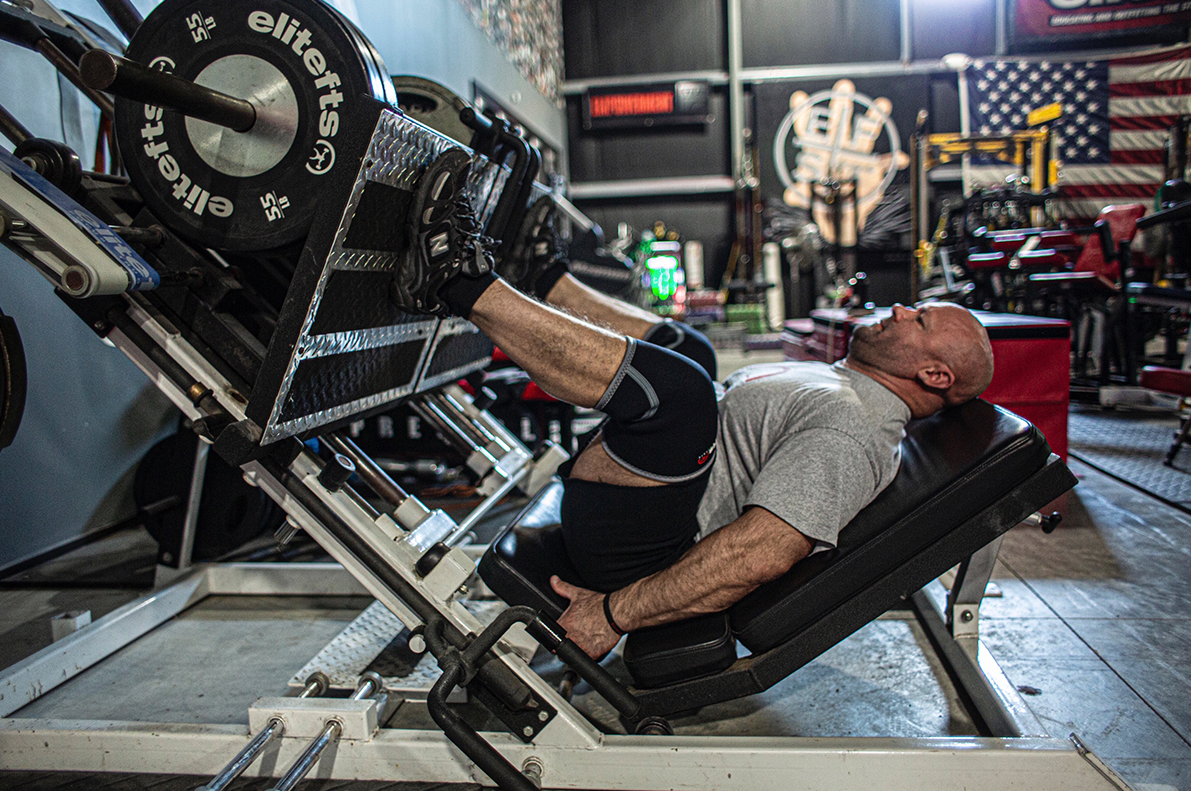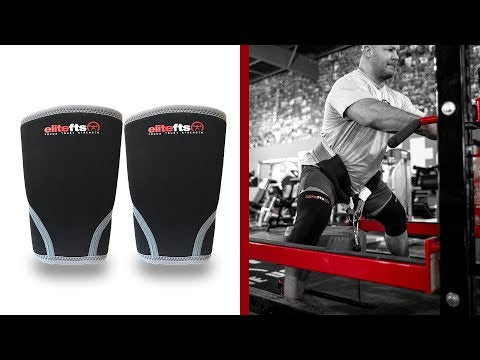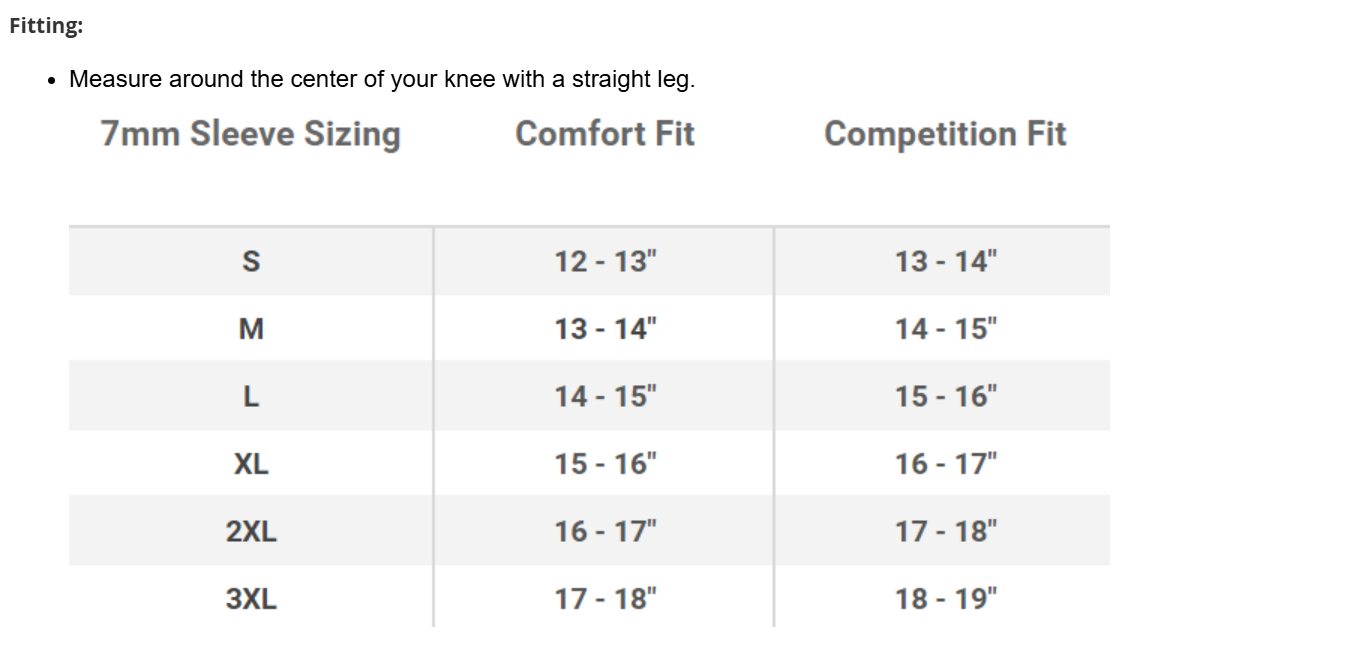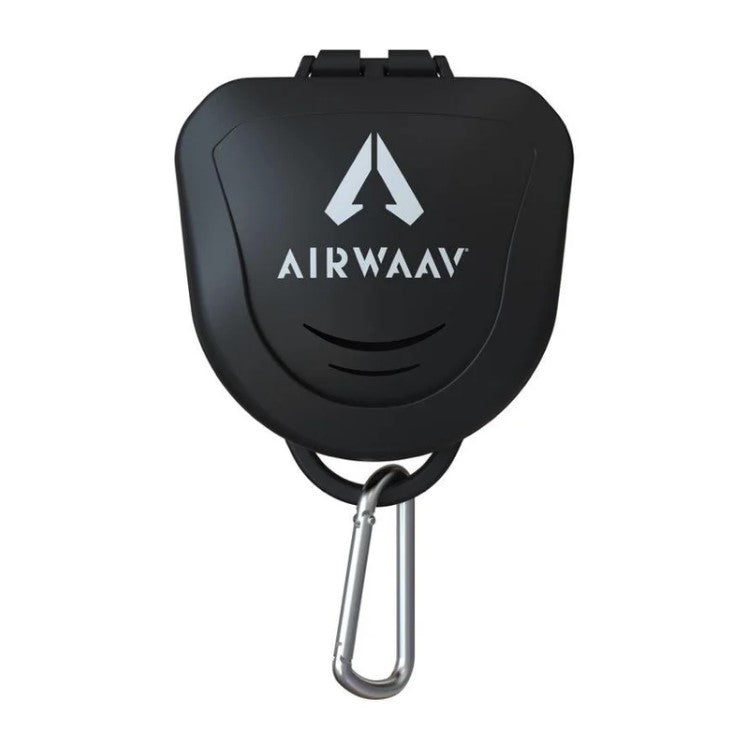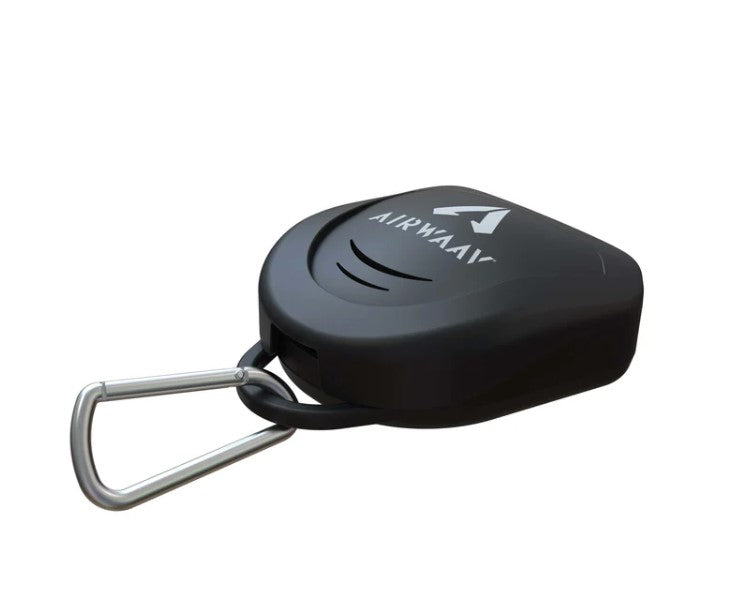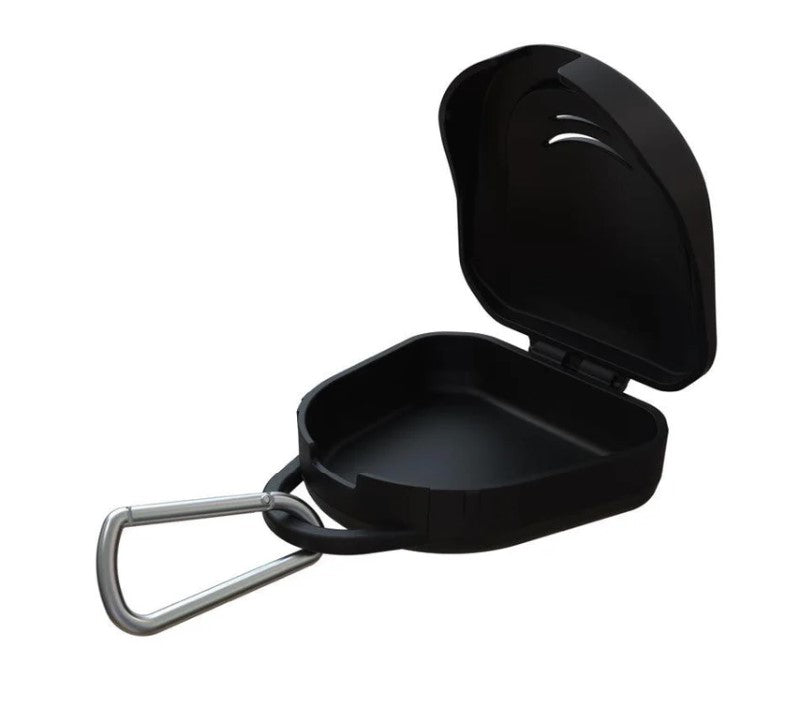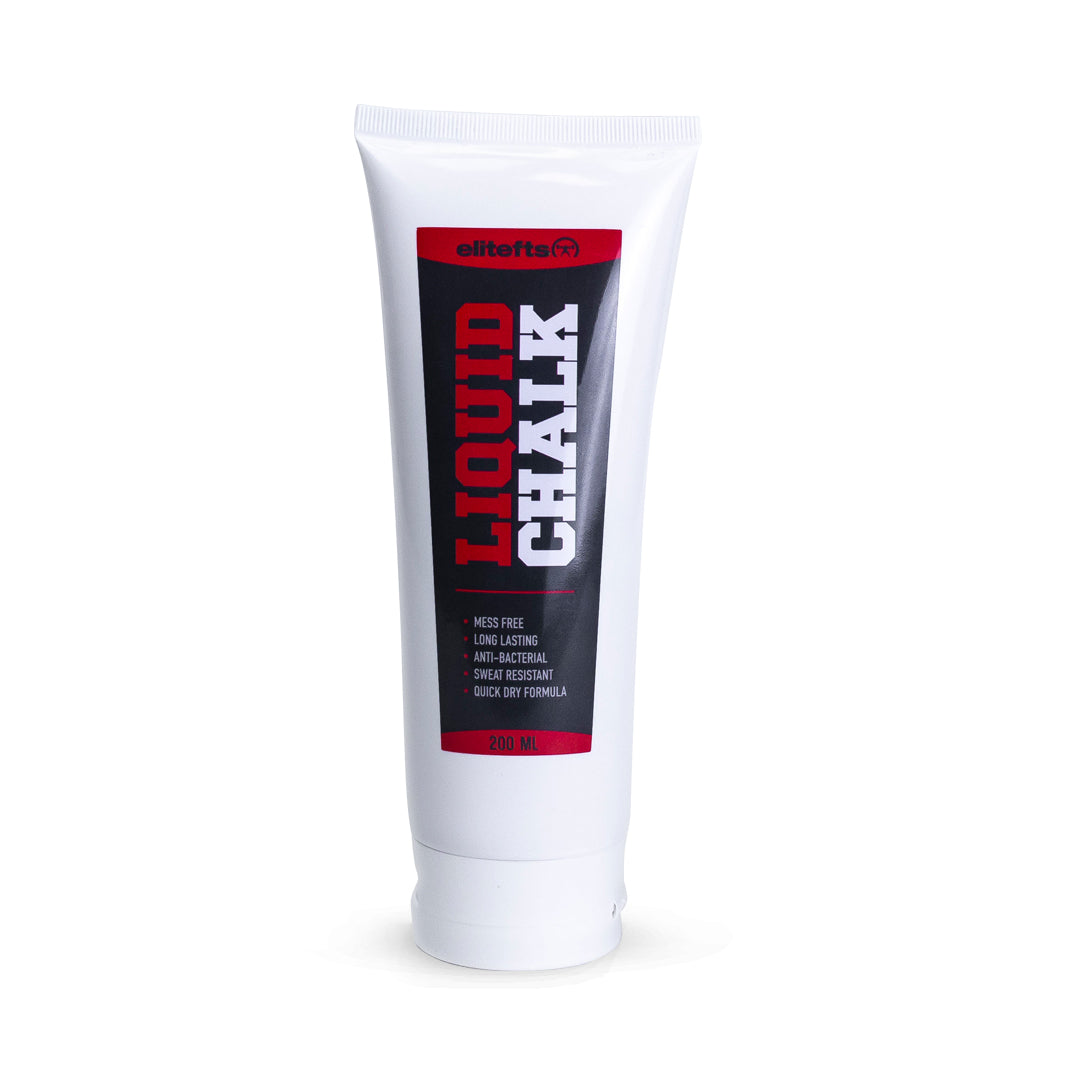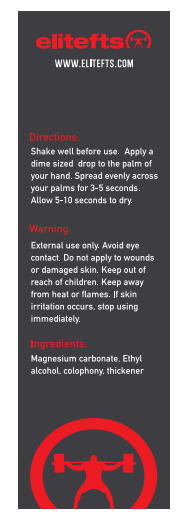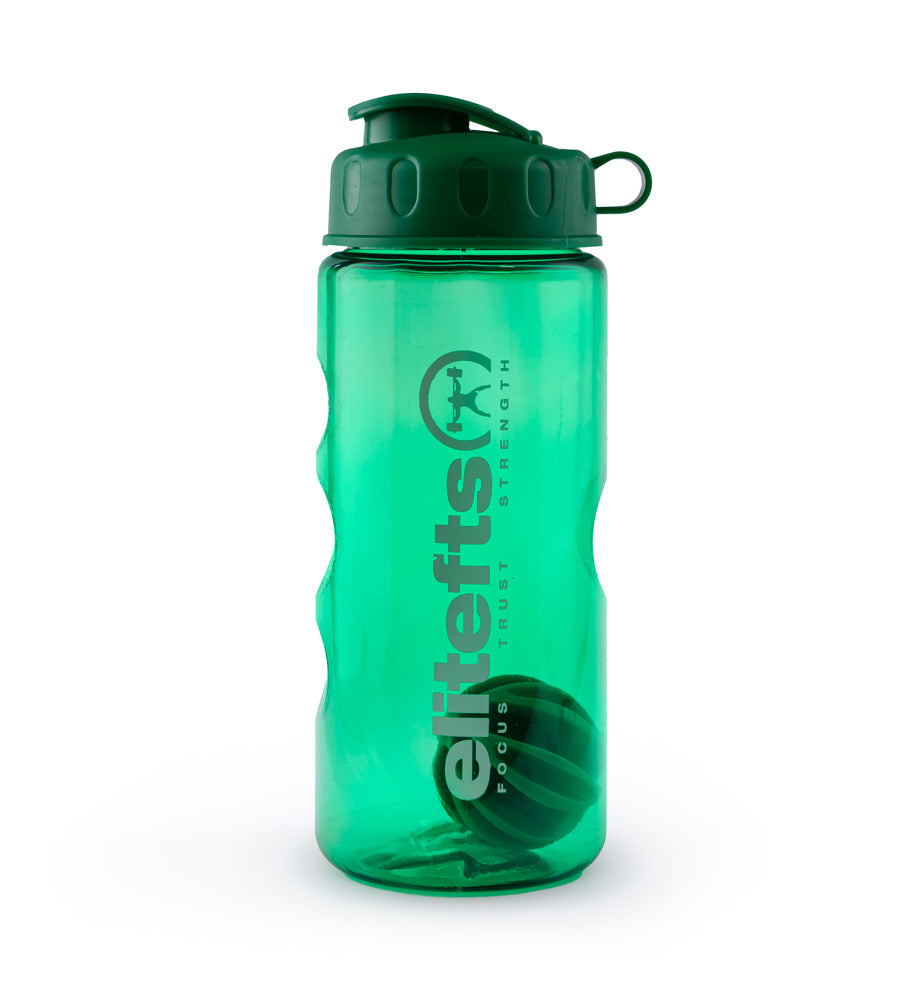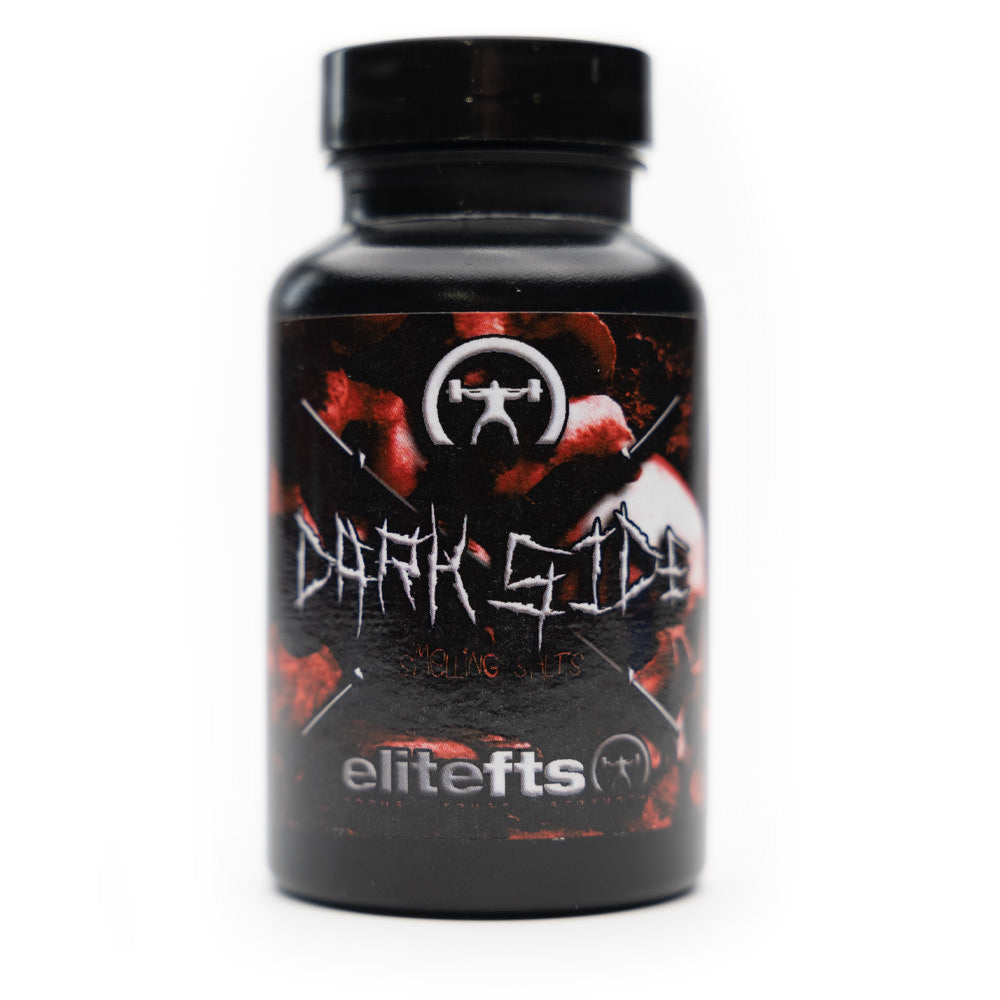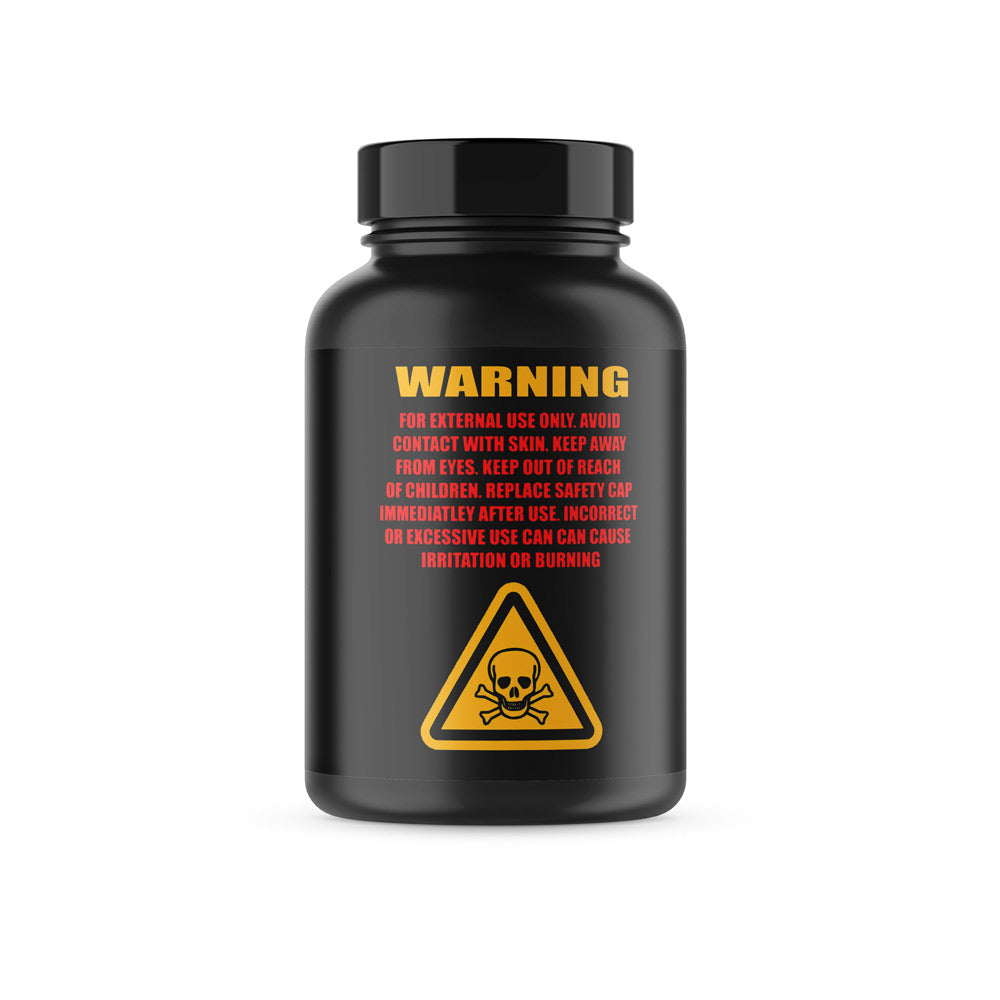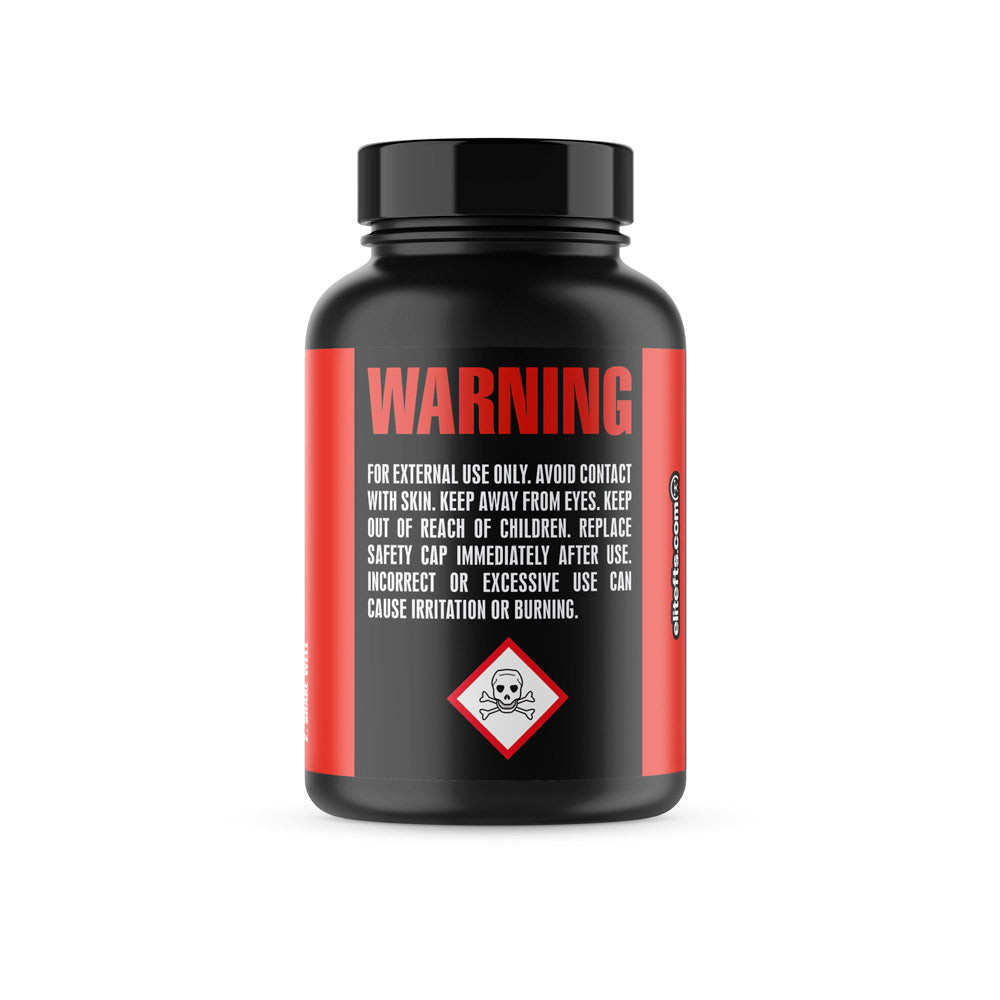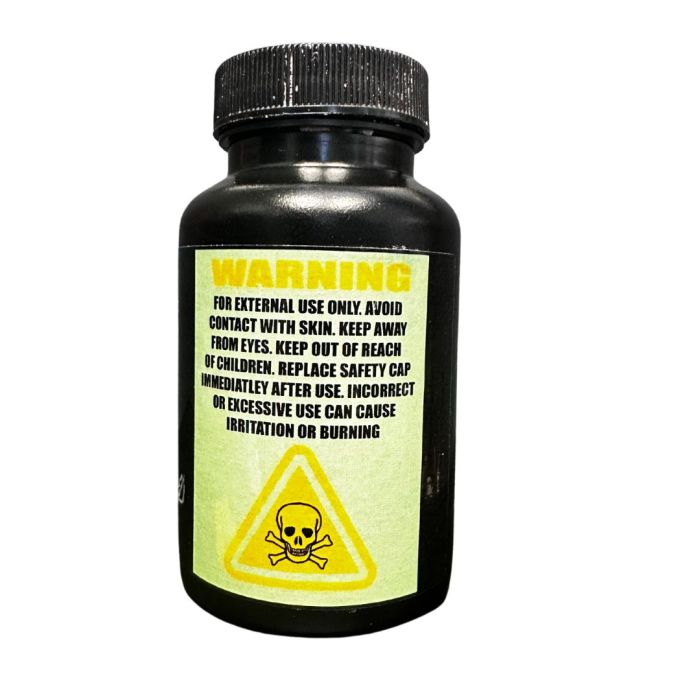Chances are pretty good that, if you’ve ever competed in powerlifting, you’ve had a bad meet once or twice before. Bad meets are part of the game. It can be hugely discouraging to feel that all the work you did in the offseason and during your meet prep was wasted because you had one bad day, but unfortunately, all that really counts is what you put up on the platform.
Or is it?
Powerlifting in Perspective
Look,I’ve had bad meets before. I understand the anger, frustration, disappointment, and sadness that often results from failing to demonstrate your actual strength and skill on meet day. In fact, I’ve felt those emotions so often — in relation to both meets and training — that I now look at them in a different light. And I believe that that perspective is an enormous part of my success in powerlifting. If you haven’t built that perspective yet, or haven’t accounted for it in your meet prep planning, then your meet prep planning probably sucks.
Because the fact is that, no matter what the context, our perspective often shapes our reality. We tend to focus on only certain aspects of our lives, and, as a result, our thoughts, feelings, and actions are really only based on one small part of our existence. Since that sounds pretty deep and heavy, let’s look at an example: immediately after a bad meet. In fact, let’s say it was a terrible meet: you went 3/9, only made your openers, totaled 100 pounds below your PR, and suffered a minor hamstring tear on your last deadlift attempt. Pretty awful, right?
If you’re anything like me, you step off the platform after that last deadlift attempt and your mind is just blank. There’s nothing there. You can feel just fine: your hamstring hurts, and it seems to get tighter every time you take a step; there’s a sinking feeling in your stomach; your head feels hot and your hands and feet feel cold. But it’s not until later that the real killer sets in. You’ve made it home, you’re lying on the couch with an ice pack under your leg, you’ve got Netflix on… but you’re really just replaying the day in your head.
Why didn’t I just be a little more conservative on that second squat? I knew I had it… five kilos less and it would’ve flown. What was the point of even taking that last pull? It’s not like I was going to salvage the day after that debacle… I could’ve at least gotten back at it next week if I hadn’t pulled this hamstring. Now I can’t even lift for another two weeks. What if I can’t lift for a month? What if…You can probably see where this is going. The focus in this narrative is on past mistakes and (potential) future problems. There’s also a huge emphasis on the ego: I should’ve been more conservative, I wasn’t going to salvage the day, what if I can’t lift next week, and so on. With this type of perspective, it’s easy to imagine getting stuck in a negative mindset where your training does suck for the next month, or even longer.
This is about when most authors start talking about looking on the bright side, practicing gratitude, and other feel-good touchy-feeling stuff. Fuck that.
Get Your Mind Right
Look, I’ve written about howyou need to have bad days to have good ones, and that’s true. But It’s also true that when you get wrapped up in how you fucked up your meet, or start stressing about how that is going to screw with your future training or anything along those lines, you’re doing yourself a disservice. Because here’s the objective reality: the type of hard training that goes into a good meet-prep cycle is going to take a toll on your body. You are going to physically feel beat up, run down, tired, achy, and all sorts of other painful stuff.
And feeling bad physically usually means that you’re going to feel bad emotionally, too. It’s tough to be all happy-go-lucky when it takes ten minutes to get out of bed every morning because your lower back is in shambles, your hamstring is torn, and you only got three hours of sleep because you were so hopped up on the ECA stack you had to take just to get through your last training session. That’s true regardless of whether you’re in meet prep or not.
Here’s the thing: it works both ways. Those negative emotions, which may very well have been caused by negative physical feelings like pain, can also create negative physical feelings. Stress, whether mental or physical, causes your body to release hormones like cortisol, which make it harder to get a good night’s sleep, increase sensitivity to pain, decrease production of “happy” hormones like serotonin, and, basically, make it even harder to perform well at your next workout, which causes even more negative feelings. It’s pretty obvious how you can quickly get caught up in a seemingly never-ending loop of suck.
Here’s where perspective comes in. Yes, physical discomfort can create negative emotions. But so can a negative perspective. More specifically, the negative thoughts that accompany an egocentric perspective or a perspective that is centered in the past or in the future often produce negative emotions like doubt and frustration. Those negative emotions just add to the pile and take you deeper and deeper into the never-ending loop of suck.
So, what do you do?
Awareness
It seems like I keep coming back to this in every article, but it’s so important. The first step is almost always awareness. In this case, it’s awareness of the problem (negative physical feelings can cause negative emotions and vice versa), but it’s also awareness of that objective reality I mentioned above. You are supposed to feel like shit during meet prep! It’s not a bad thing; it’s just the nature of hard training.Now, keep in mind that if you’ve planned well, you’re only going to feel that way for maybe a week or two at the very end of your prep cycle. If you feel like shit for a full 16 weeks, something is very, very, very wrong with your training. That’s just common sense: how in the world could you expect to perform well after feeling awful for so long?
Action
I’m a firm believer that awareness alone is never enough to solve a problem. You also need to take action. In this case, that action might involve backing off on your training. Backing off gives your body a chance to heal, and once the physical discomfort lessens, it’s a lot easier to let go of some of those negative emotions. If you’re knee-deep in meet prep, though, backing off probably isn’t an option for you.
RECENT: Visualization for Powerlifting: How to Train Your Brain for Big Gains
In that case, it’s time to change your perspective, and — as usual — I recommend meditation to help you do that. Meditation – or more broadly, practicing mindfulness in your daily life – will help you to stay grounded in the present and to identify negative or egocentric thoughts when they arise in the mind. Oftentimes, identify negative thoughts, you can lessen the negative emotions. Keep in mind that you’re probably not going to eliminate them, and that’s okay. You didn’t fall into the never-ending loop of suck all at once, and you’re not going to get out of it that way, either.
Finally, there's a lot of good research indicating that relaxing activities can help diffuse some of the negative effects of a stress overload. Spending time with friends, listening to music, even watching a good comedy can reduce levels of cortisol and start getting you back to that baseline of "feeling good." If you’re feeling down, as tempting as it is, you shouldn’t withdraw, and you shouldn’t struggle to do more of the same — you should push yourself to do more fun things that can help you get unstuck.
Coaching Cues
If you’re a coach, you have two responsibilities here. The first, obviously, is to plan your athletes’ prep cycle so that he or she isn’t overreaching for significant periods of time. That’s a recipe for disaster.The second responsibility is a lot harder. As a coach, you must take into consideration your athletes’ entire level of stress — mental and physical — while realizing that some of that stress is going to be completely outside of your control. I have one female athlete prepping for the US Open in May who is in a long-distance relationship, in graduate school, works full time and volunteers on weekends. I would never give that athlete the same training workload as a person with a regular 9-to-5 job. It would be asinine and yet I hear plenty of horror stories of coaches who completely ignore their athletes’ lives outside of the gym.
At the same time, recognize that much of that physical and mental stress is under your control and that some athletes will react differently to it than others. Some guys I work with love the challenge of hitting PRs regularly and have the capacity for mental stress that allows them to train very aggressively for long periods of time. Others respond very poorly to the mental stress imposed by aggressive training. Going back to the first responsibility, accounting for an athlete’s headspace is a huge part of successful programming, so if you have a guy who freaks out when he misses reps, then if he misses a rep in training, you damn well better be adjusting the plan to account for that — even if the miss was just a technical hiccup and not really reflective of any physical overreaching. Again, there are lots of horror stories about coaches who refuse to adjust plans. It’s not a good look.
Wrapping Up
As hard as it is, you need to realize that and realize how much that mindset contributes to your overall success or failure as a lifter. I’ve shared this before, but I want to end with a quote from another of my athletes (now a junior world record holder and IPL champion). “In order to be really good you do need to care a little too much,” she said. She’s right: if you have the desire to excel at something, then you’re very invested in that activity, and if you really care about something, then sometimes you’re going to have to hurt for it. It sounds so obvious, but it’s a very important truth to own.If you haven’t accounted for the mental stress of meet prep in the past, hopefully, you can now identify how that has affected you and will be able to plan better for it in the future. It will make a big difference, both in your performance, and in the satisfaction you get from the sport.










